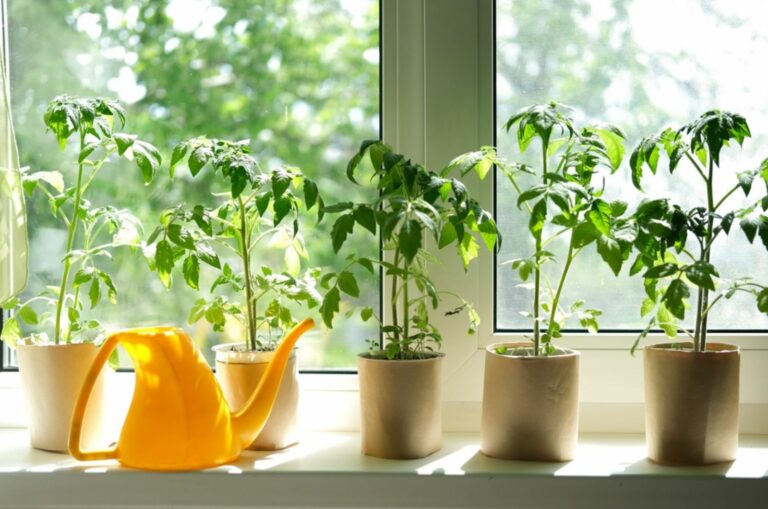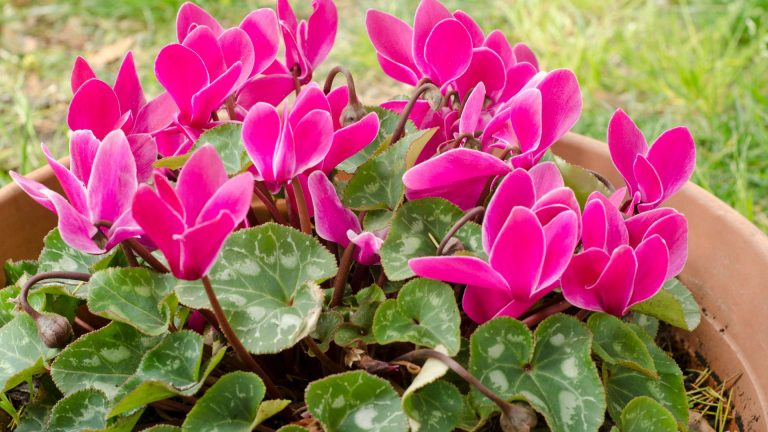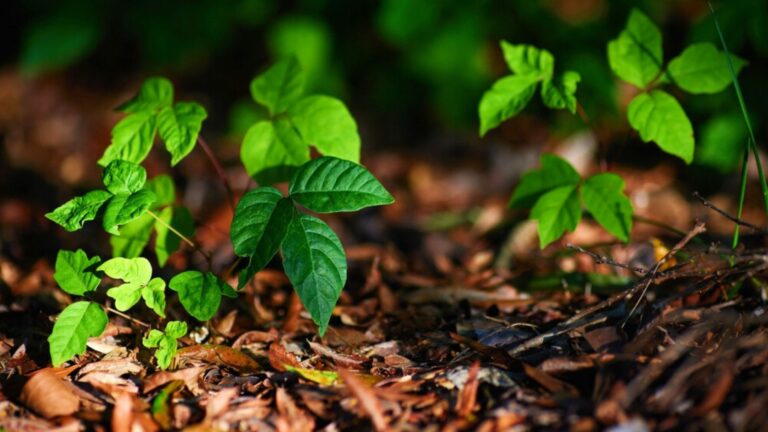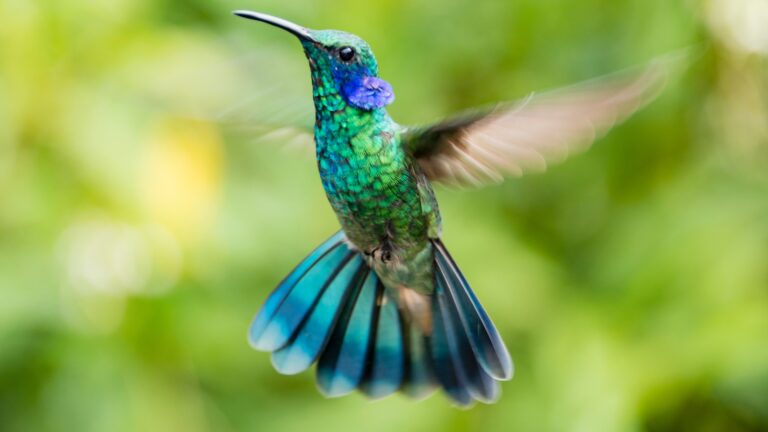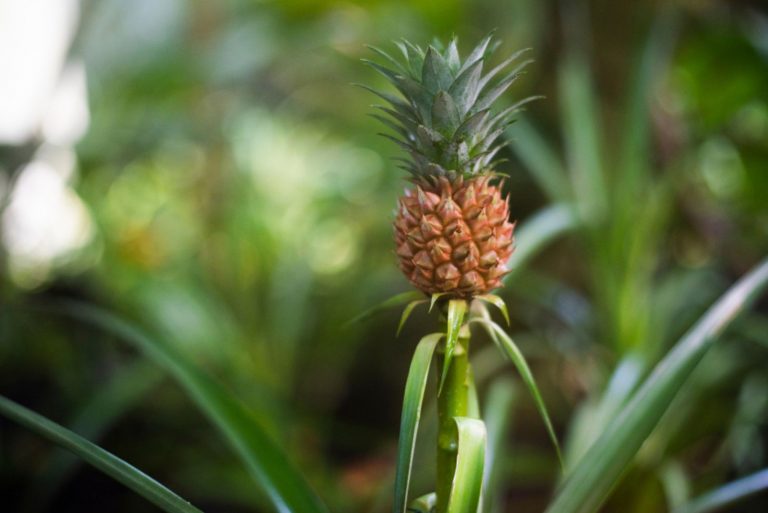The Downside Of Black-Eyed Susan Vines That No One Will Tell You About
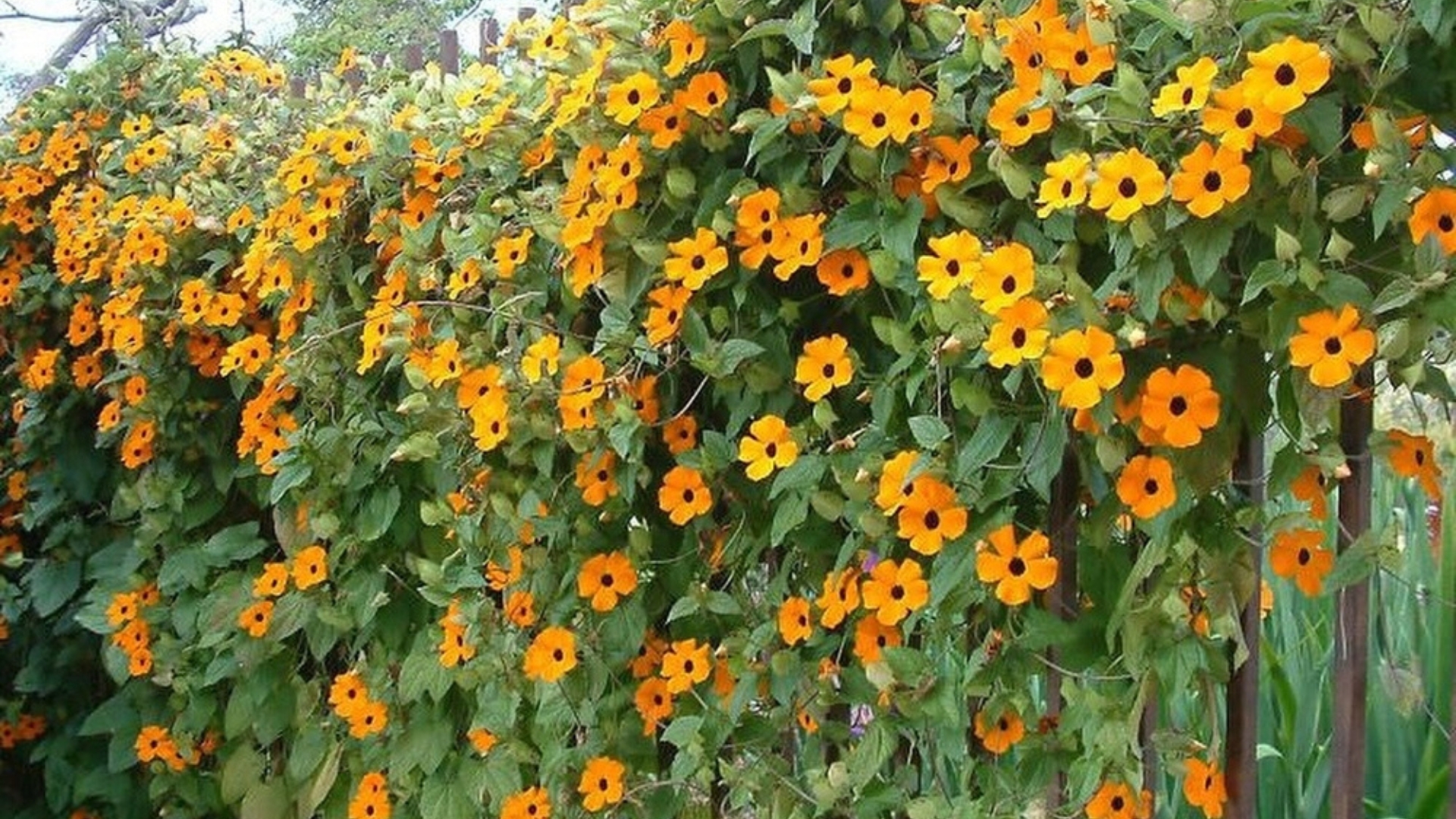
Adding vertical interest to your garden can be pretty challenging. Yes, there are many plants you can use for this purpose, but a few come with their own set of hurdles.
Just take a look at the black-eyed Susan vine. Its appearance is breathtaking, it doesn’t need a lot to thrive, and it attracts hummingbirds and pollinators. Seems perfect, right? That’s exactly what I thought a few years ago until reality kicked in.
Let’s clear one thing up, the black-eyed Susan vine is not the black-eyed Susan! You might be wondering why this matters, but believe me, knowing the difference is crucial.
The latter is the cute little wildflower with a similar appearance, and it’s a native flower. So, what’s the black-eyed Susan vine then?
It Is The Trouble You Can’t Ignore
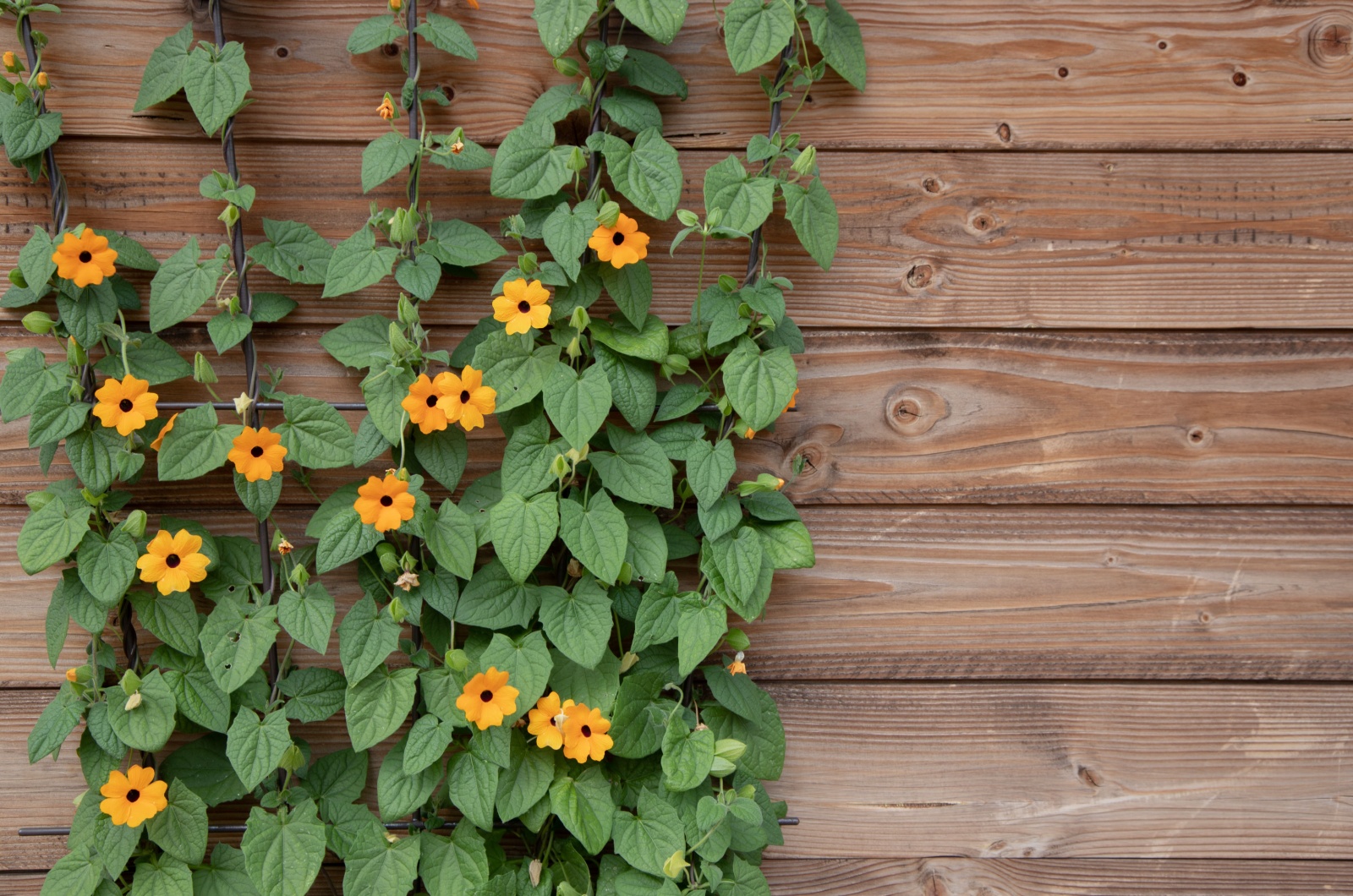
The two black-eyed Susans are commonly mistaken and it’s mainly because of the similarity in their appearance. The common black-eyed Susan is a harmless plant and brings many benefits.
But that cannot be said for the other one with the term vine in it. It’s an African native tropical vine and you may want to rethink if you’re thinking of adding it to your garden.
The reason? It’s an invasive plant!
Many growers are scared of the word invasive, especially if they have been troubled with such species in the past. If you’ve never had issues with invasive plants, it would be best if it stayed that way.
Black-eyed Susan isn’t a typically invasive plant. If you live in cooler zones (8 and lower), it will die back once the temperatures drop and you won’t have to worry about it anymore.
However, in warmer climates the plant will become your biggest nightmare. It spreads quickly, could ruin the plants near it, and, in some cases, also affect the surrounding infrastructure.
The black-eyed Susan vine is a self-seeding plant, meaning that the flowers will produce numerous seeds that will scatter all over your yard (and your neighbor’s).
If You Live In Cooler Climates Or Like A Challenge, Follow These Growing Tips
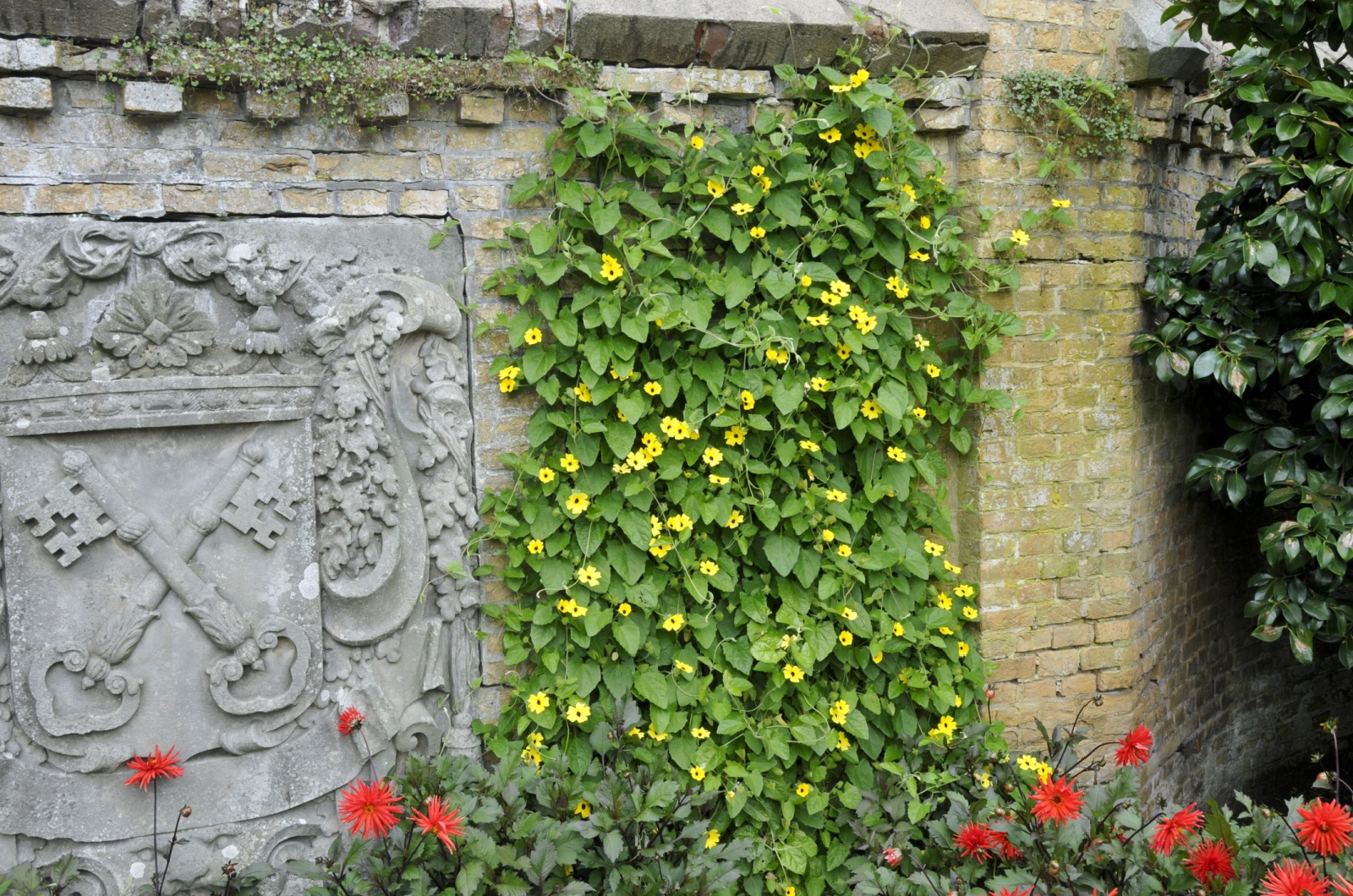
Why would anyone grow black-eyed Susan after learning it’s invasive? Well, like I said, it won’t cause many issues in cooler climates.
As soon as the first frost hits, it will destroy the vine and it won’t spread. Self-seeding may still occur but the chances are really low since this vine sets flowers later in the season and frost will most likely destroy them.
Now, to the maintenance part. You can easily start your black-eyed Susan vine from seeds by planting them directly into the ground after the first frost.
The second option is to start the seeds indoors and transplant your black-eyed Susan outdoors when temperatures rise.
Make sure the soil is free-draining and rich in organic matter and that the spot receives partial sun.
One more thing, this is a vining plant, which means you’ll need to ensure support such as a trellis.
Or Go With Alternatives
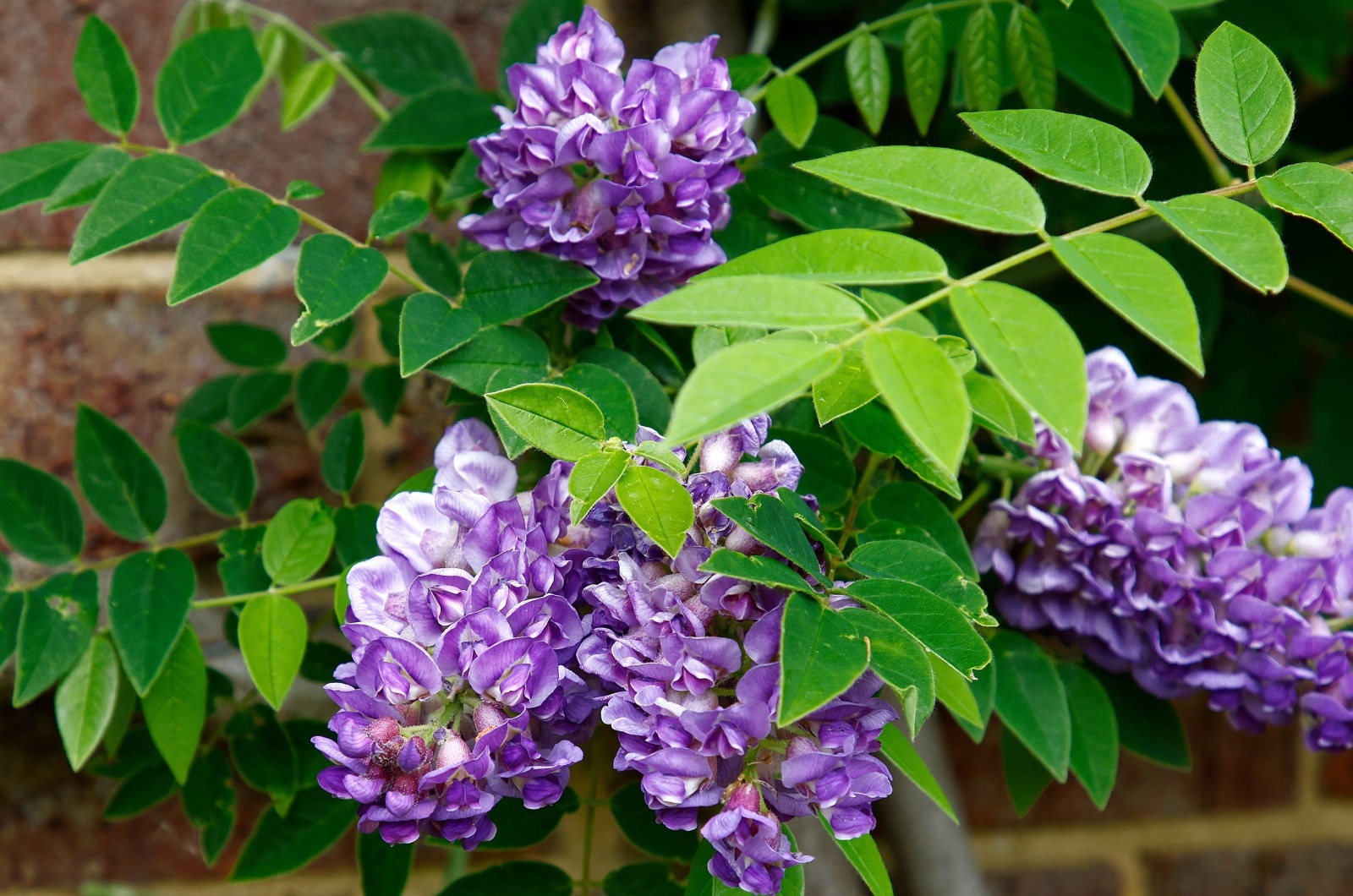
If you don’t want any issues in your garden, you may want to look for an alternative to black-eyed Susan. I live in Florida and I didn’t want to risk it after I struggled to remove this invasive plant. I do have a few in pots but, of course, the effect isn’t the same.
So, instead of struggling with controlling black-eyed Susan, you can grow other vining plants instead.
Trumpet vine is one of my favorite plants and makes an excellent substitute for the black-eyed Susan vine. It looks absolutely amazing, attracts hummingbirds, and tolerates poor soil conditions.
You can grow other US native plants, such as American wisteria. Don’t confuse it with the Chinese or Japanese varieties because they’re also invasive.
Wisteria brings many benefits to your garden and its spectacular vines will add a luxurious touch.
But if you’re into the black-eyed Susan vine just because of its blossoms, then simply grow the native black-eyed Susan. It isn’t a vining plant but its beautiful blossoms will compensate.
If you wanted to add black-eyed Susan to your garden, take a moment to reconsider. You still have a chance to save your outdoor space from a world of trouble!

